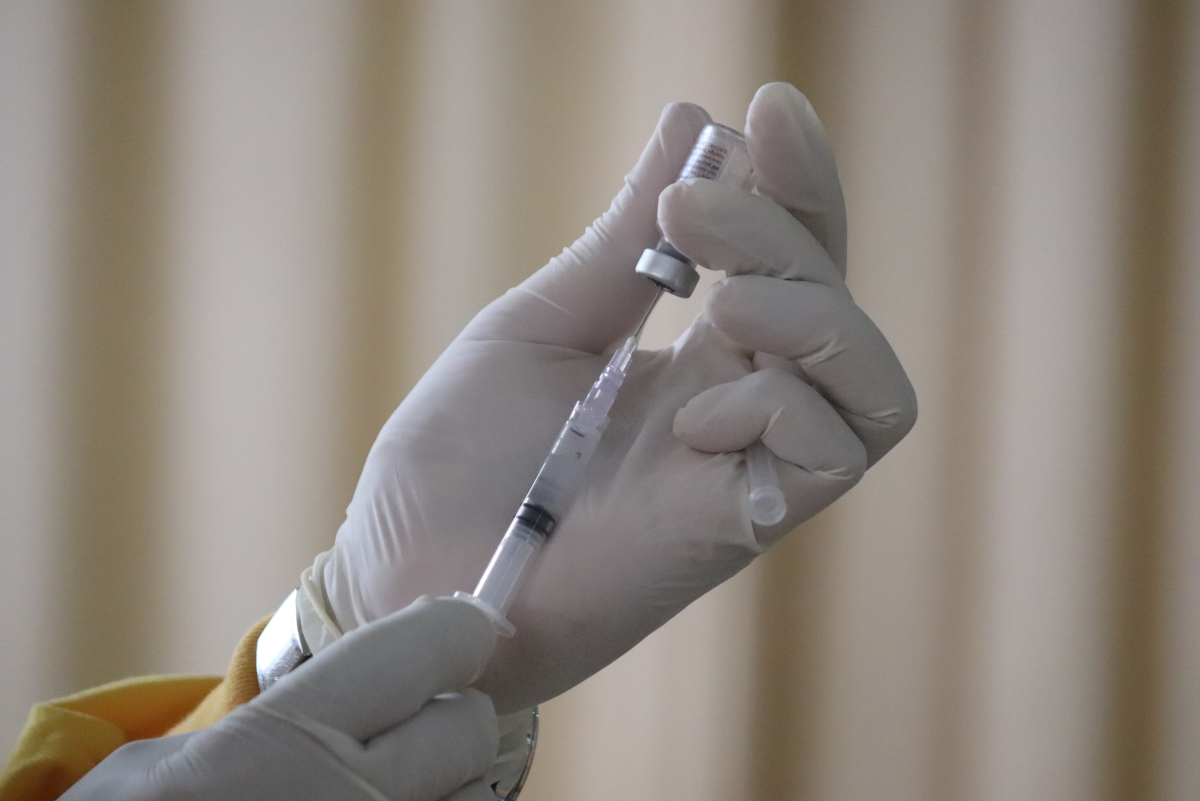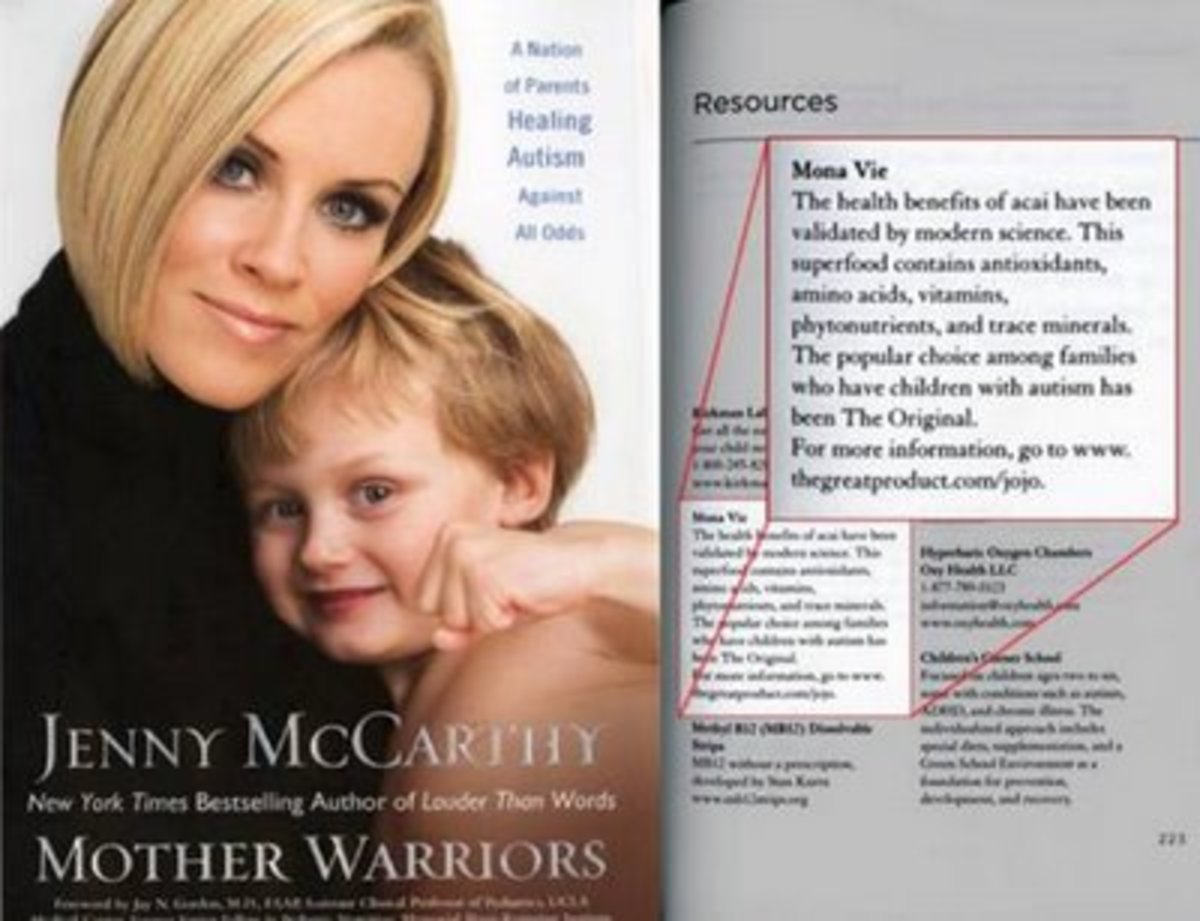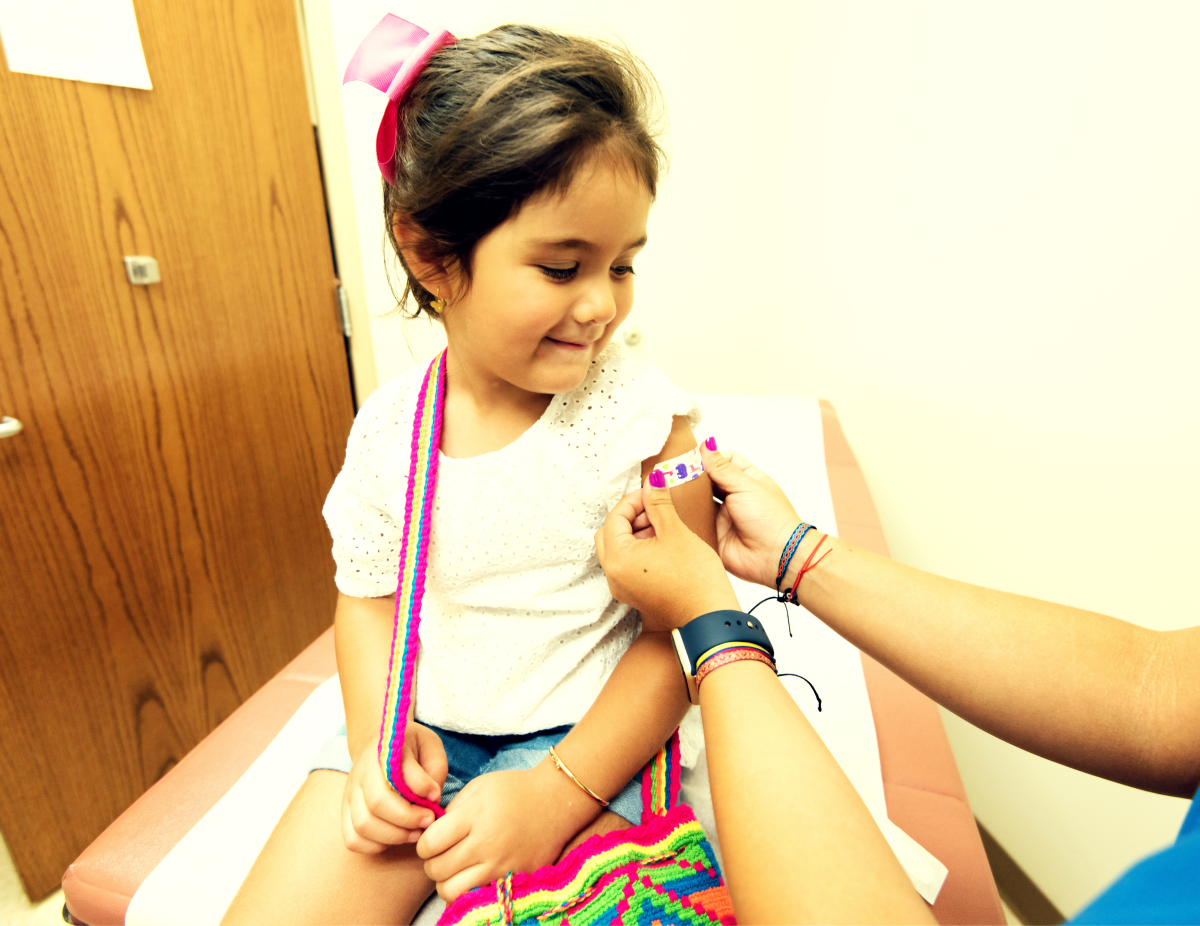Should I Get Adult Vaccines?
Not Sure To Get Adult Vaccines?
If you are having trouble deciding you should get vaccinated as an adult or you are going on a trip and you are worry about any possible diseases you could get, this article hopefully will help.

How Do Vaccines Works?
The vaccinations works by giving you germs that are weak or dead. Your body will still make antibodies to fight these germ. Then when the real infection, if any, gets into your body your immune system is ready to fight for you.
- Vaccines works by making your body believe you have the germs of that vaccine.
- Your body get to work by creating antibodies for those germs.
- If you ever get these germs, your body will be ready to protect you.
Antibodies Attack Germs
Vaccinations make your body create more antibodies.
Are all Adults Vaccinated?
No many adults are vaccinated and it is as important as it is for children. New vaccines are being created. For example the HVP and Shingles Vaccine approved by the FDA in 2006.
If you are not sure yet, think about it. Vaccines are made to protect you and the people around you. Once your immune system is trained to resist a disease, you are said to be immune to it.
The vaccines you need as an adult depend on different things. From your age, your lifestyle, if you have any high-risk medical conditions, travel plans, and the vaccine shots you’ve had in the past.
Immune System and Vaccines

How Does The Immune System Protects You?
Your immune system creates antibodies every time germs enter your body. The immune system find those germs and attack them. After this fight, the antibodies stay in your bloodstream to be ready if these germs enter your body again.
Did you know that antibodies can kill germs before you get any symptoms of an infection?
Vaccinations make your body create more antibodies.

Primarily Blood Cells That Fight For You
Red Blood Cells carry oxygen through the body. White Blood Cells are the ones that fight against germs.
• Macrophages are white blood cells. They swallow up and digest germs. They also eat dead or dying cells. They leave behind parts of the invading germs called antigens. The body identifies antigens as dangerous and stimulates antibodies to attack them.
• B-lymphocytes are defensive white blood cells. They produce antibodies that attack the antigens left behind by the macrophages.
• T-lymphocytes are another type of defensive white blood cell. They attack cells in the body that have already been infected.

Are Vaccine safe?
No vaccine is 100% safe. The FDA (Food and Drug Administration) tests vaccines before they are to the public reach. They also are monitored by the CDC (Centers for Disease Control and Prevention) as soon as they are in used.
The vaccines protects you from serious diseases like Polio that causes brain damage.
In the other hand, there are vaccinations that cause serious side effects like Hepatitis B. One of 600,000 doses could give an allergic reaction called anaphylaxis. Some symptoms are difficulty breathing and low blood pressure. Even though, nobody has died from Hepatitis B vaccine the anaphylaxis symptoms can be very frightening.
Vaccines have helped to get rid of many diseases but the bacteria that causes these diseases still around. Vaccines are our armour against them.
Safe or Not Safe?
Vaccine are our armour against diseases but they are not 100% safe.
Are Vaccines just for kids?
Some people say vaccines are just for kids but the truth is that both children and adults can benefit from vaccines. They are even vaccines just for adults of certain age and some of the vaccines you received when a child will need boosters when you are an adult.
If you would like to know wish vaccines you need, ask your health doctor. Your health doctor would be able to tell you more about wish ones you need in specific detail.

Would the vaccine make me sick?
The vaccine will not give you the disease is made for. It is made of a weak or dead form of the disease. After the vaccine is given, you may feel side effects like aches, fever or pain.
These side effects usually last around two days but these doesn't mean you have the disease and that the vaccine didn't work.
Most of the time your doctor will tell you what and if you can take some pain medication for discomfort and/or fever, if any.
When I have any pain or fever I have use Naproxen Sodium (NSAID) Pain Reliever/Fever Reducer in Liquid Gels at my local store. Witch I would say is the store brand of the Aleve brand.
If you can't find it at your local store you could try Aleve Liquid Gels. They work fast and you are pain free for a long time.
Aleve Liquid Gels Pain and Fever Reducer
Some of the most important Vaccines:
Influenza (Flu)
| Td/Tdap
| Varicella
|
|---|---|---|
Protect from flu virus
| Protect from Tetanus
| Protect from Chickenpox
|
Needed yearly
| Needed every 10 Years
| Needed twice if it wasn't given when a child
|
HPV
| Zoster
| MMR
|
|---|---|---|
Protects from Genital Warts and Cervical Cancer
| Protects from Shingles
| Protects from Measles, Mumps and Rubella
|
Needed three times
| Needed after 60 years old
| Needed once if you were born in or after 1957
|
Pneumococcal 13
| PPSV23
|
|---|---|
Protects from Pneumococcal
| Protects from Pneumococcal
|
Needed after 65 years old if you haven't received it at a younger age or received the PPSV23
| Needed 12 months after PCV13
|

Do I still need vaccines if I'm healthy?
Yes, you do if you want to be protected. They are not only for children, sick or elderly people. They are also seasonal viruses like the flu, pneumonia or shingles. you put your self and your loves ones at risk if you don't use vaccines.
Vaccines Before Traveling?

Vaccines and Travelers
You can visit CDC's Travel website to find out what vaccines you will need before traveling. It all depends on:
- Where are you going. Some countries will ask you for proof of vaccination for certain diseases, like yellow fever or polio. Also developing countries may bring you into contact with more diseases, which means you might need more vaccines before you go.
- Your health. If you take medications for an ongoing illness, have weakened immune system or if you’re pregnant, you may need additional vaccines.
- Vaccinations you already had. It’s important to be up to date on your routine vaccinations. Some diseases like measles are rare in the United States but they are more common in other countries.
You can also ask your family doctor for more information.
Have you get vaccines as an Adult?
Tips to Avoid Food or Waterborne Infections
Vaccinations against food or waterborne infections like Typhoid, Cholera or Hepatitis A are a great form of protection.
If you are traveling and you are worry about what to eat, here is some information that might help.
- High heat can kills the germs that cause travelers’ diarrhea. Food cooked thoroughly is usually safe as long as it is served steaming hot. You should be careful of food that is cooked and rested at warm or room temperatures, such as a buffet. It could get contaminated again.
- Most germs need to be in moisture to grow. Dry food, like bread or potato chips, are usually safe. Factory sealed food containers, like canned soup or packaged crackers, are safe as long as they were not opened or handled by another person.
- Raw meat should be avoided. Raw fruits and vegetables are usually okay if you can peal them are wash them your self. You never know the hands that prepared the food.
- Bushmeat should also be avoid even if is cooked. They usually offer animals not eaten in USA, like bats, monkeys, rats and others. These are cause of some diseases such as Ebola or SARS.
- For drinks go for carbonated drinks since the bubbles indicates the bottle is sealed. It has been found some people fill bottles with tap water and glue the lid back to make the bottle look factory sealed.
- If you prefer coffee or tea as to be brought to you steamy hot. You can let it to cold down before you drink it but not if it was brought to you already cold. This include the milk or cream you add to your drink. Pregnant woman or people with weak immune system should stay away from milk and cream.
- Alcohol drinks have enough are high enough to kill most germs but should avoid ice in your drink.
How Much Will Vaccine Cost?
Depending on you health insurance the out-of-pocket cost for vaccines can vary. The ACA (Affordable Care Act) and Medicare make many vaccines available for free.
Call your health insurance provider, Medicare or Madicaid to find out more information about your out-of-pocket cost. They can also tell you where to go to get the vaccines. For example some of them can be provided at your doctor visit and other even at the pharmacy closed to you.
If you need help with the cost of vaccines ask your doctor what programs can recommend for you.

In conclusion:
There are many reason why you should get vaccines but at the end it is your decision. Overall vaccines have been around for a long time. You can always get a health professional advice to answer any questions you may have.
Remember vaccines:
- Will keep you and your loves ones protected.
- You will be healthy and strong to care for those that could get sick.
- In most cases will cost you anything.
- It also will give you peace of mind.
- They are not 100% safe.
This content is accurate and true to the best of the author’s knowledge and is not meant to substitute for formal and individualized advice from a qualified professional.









